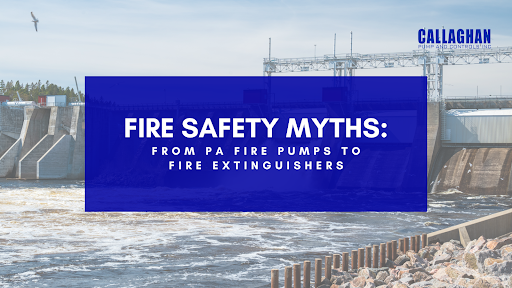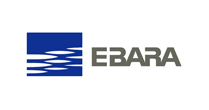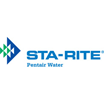
March 8th, 2024
Whether you are a business owner or a homeowner, you need to ensure fire safety in your building. It includes installing the proper fire sprinklers and PA fire pumps that comply with local and national fire safety codes. However, there are some misconceptions you need to be aware of regarding fire protection.
Several myths surrounding fire safety can be dangerous as they may lead people to make poor decisions when dealing with fire emergencies. By fully understanding these fire safety myths, you will know what (and whatnot) to believe. Here are some common fire protection and safety myths you should be aware of:
While sprinkler systems are crucial for ensuring fire safety, they might not provide enough water pressure to control a fire effectively. This is why you need to consider installing Pennsylvania fire pumps.
PA fire pumps are designed to enhance the water pressure and maintain adequate water supply for firefighting. They provide water for firefighting and ensure adequate water pressure for other firefighting systems, such as standpipes.
While the flames of a fire can be dangerous, it is a misconception that they are responsible for most of the casualties during a fire accident. The smoke from a fire is far more hazardous than flames, filling a building with dense black clouds in merely minutes.
These clouds can cut off access to oxygen and suffocate occupants, confusing people. This is how most deaths occur during a fire accident.
Many assume they will wake up if a fire occurs while sleeping. It is a popular myth since most people don’t usually wake up when smoke fills a room. And anyone who does is most likely to get lost in the smoke.
Please note that many fires break out overnight when you are most vulnerable because you are sleeping. This is why fire alarms and smoke detectors are so important to alert you before your escape routes are eliminated.
As more and more people are switching to electric vehicles (EVs) for transportation, the world has begun to see fires involving EVs. One common myth surrounding EVs is that they burn hotter than a typical internal combustion engine (ICE) vehicle.
Several studies reveal that EVs don’t present a greater hazard than ICE vehicles. ICE vehicles come with a higher peak heat release rate (HRR) because of fuel burning in the gas tank. On the other hand, EV fires tend to develop slower.
A fire can spread rapidly, so the time to escape is much shorter than you can assume. Even a small flame can turn into a massive fire in under minutes. This makes more sense if there are any flammable materials around.
Once a fire spreads, there’s no way to stop it until you completely distinguish it. Therefore, don’t wait! Create a well-practiced evacuation plan to ensure everyone’s safety during a fire hazard.
Everything has an expiration date, including fire extinguishers. They usually last for 10-15 years and should be regularly inspected. Fire extinguishers can lose pressure over time, making them ineffective in a fire emergency.
For this reason, regular maintenance and inspection of all your fire extinguishers is crucial. Be sure to replace them according to the manufacturer’s guidelines.
It’s a common myth that you can install a fire pump anywhere in your building. The location of PA fire pumps is critical to ensure their proper functioning. They should be installed in a dedicated fire pump room, complying with local regulations and standards.
Proper installation will help you ensure easy access for maintenance and firefighting operations. Regular inspections and testing are essential to identify and address wear and tear, ensuring the pump’s reliability for years.
Do you want to learn more about PA fire pumps and how they help ensure fire safety in residential and commercial buildings? We are here to assist you in your fire safety journey. Each Pennsylvania fire pump we supply comes with its test results. Our pump experts can also clarify your fire pump options with ease.
Request a free quote today!
john@callaghanpump.com,
eileen@callaghanpump.com,
dan@callaghanpump.com,
sales@callaghanpump.com,
service@callaghanpump.com












